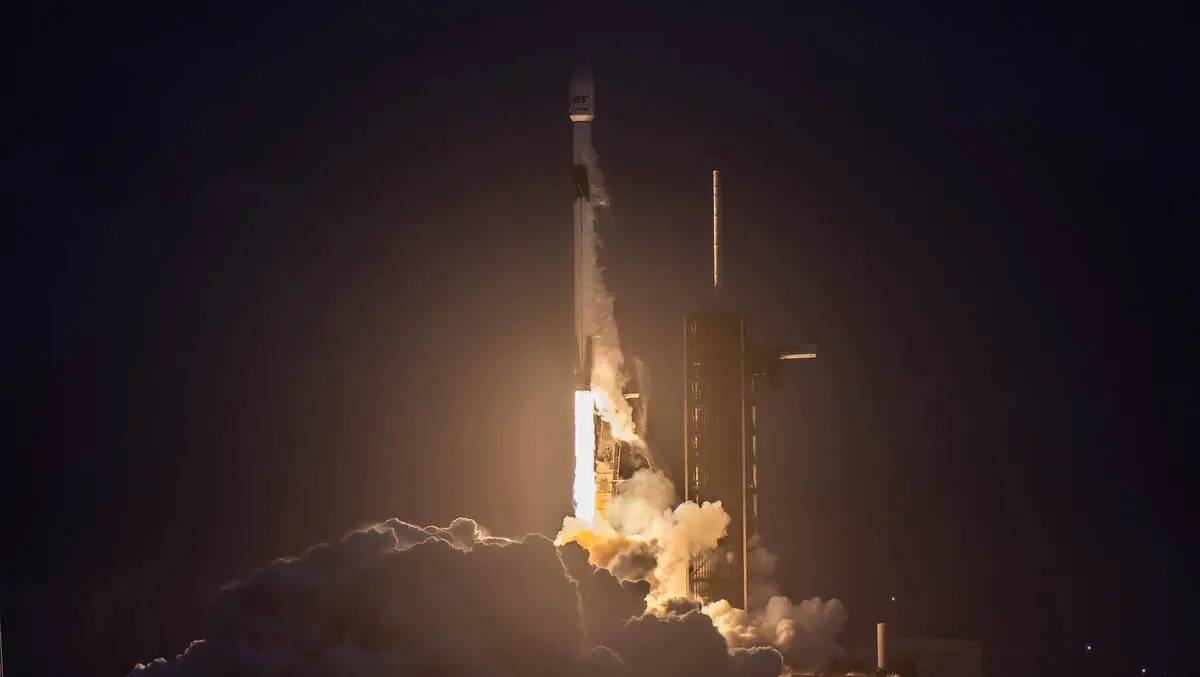
SES launches two O3b mPOWER satellites via SpaceX Falcon 9
SES has announced the successful launch of its seventh and eighth O3b mPOWER satellites from the Kennedy Space Center in Florida, United States.
The satellites were launched by a SpaceX Falcon 9 rocket and will join the existing six satellites in medium Earth orbit (MEO), enhancing the capacity and performance of the O3b mPOWER constellation.
The new satellites are equipped with redesigned payload power modules, which aim to bolster SES's second-generation MEO system. This enhancement is intended to enable the delivery of high-throughput and low-latency services at scale.
Since April 2024, SES has been providing O3b mPOWER services to various customer sites in several market segments across Asia-Pacific, Africa, the Middle East, and the Americas.
SES's flexible system facilitates services that range from tens of megabits per second to multiple gigabits per second of capacity to any site. The constellation serves a diverse clientele, including Microsoft, Princess Cruises, Marlink, Jio Platforms, Orange, Claro Brasil, Vodafone Cook Islands, CNT Ecuador, NATO Support and Procurement Agency, the Government of Luxembourg, and the United States government.
Adel Al-Saleh, CEO of SES, commented on the development, "O3b mPOWER is our most powerful, technically advanced, flexible satellite constellation in space. As we increase the number of satellites in our constellation, we also exponentially increase the capacity and efficiency of our network. Ever since the start of service of O3b mPOWER earlier this year, we have seen how it has become an integral part of the connectivity experience of our customers."
"We have also learned a lot and have put all of those insights to work as we progress in our innovation journey to scale up our services and meet even the most sophisticated requirements of our customers."
The O3b mPOWER system will comprise an initial constellation of 13 high-throughput and low-latency satellites, complemented by extensive ground infrastructure. The remaining five satellites are currently being manufactured, and launches are planned over the next 18 months.


